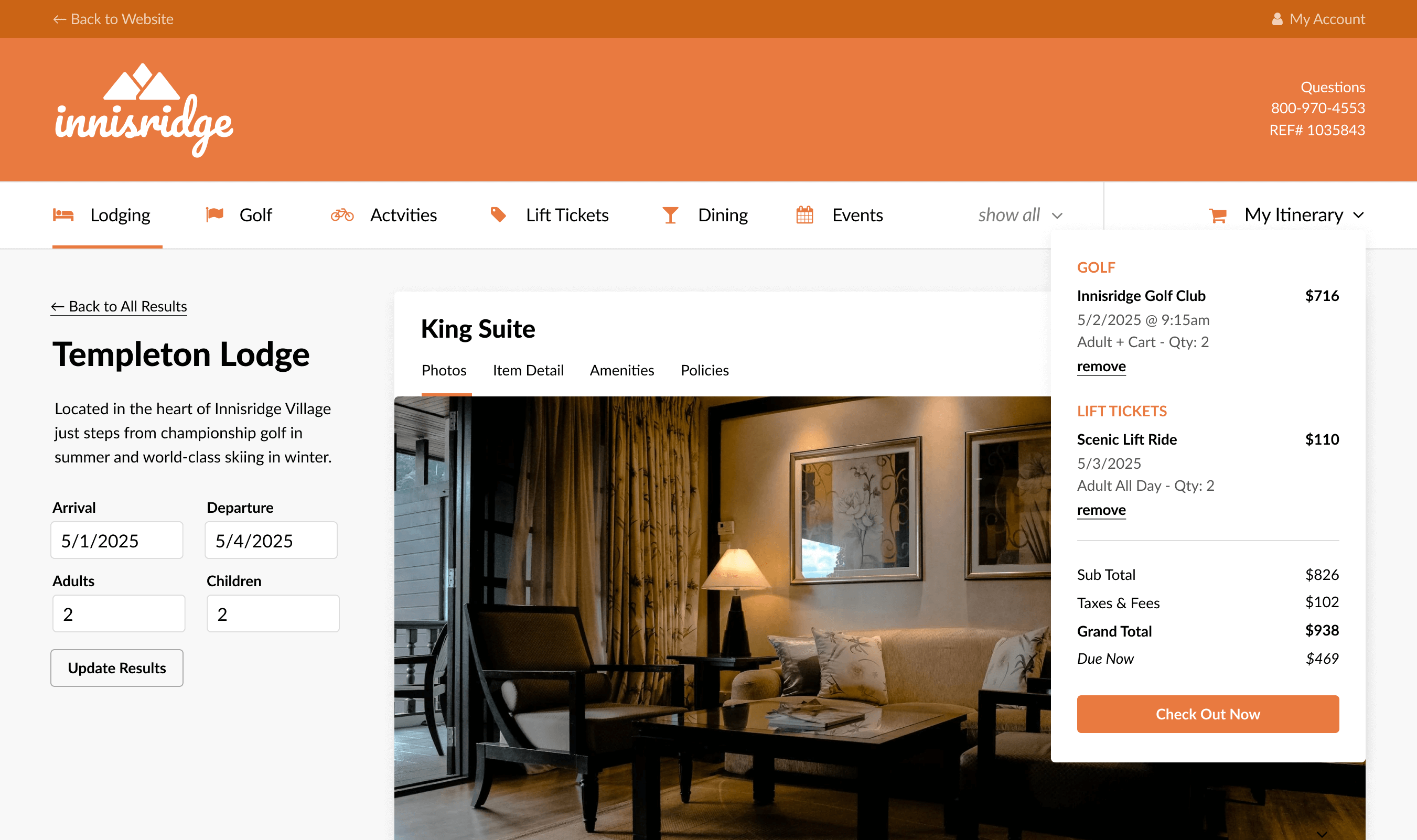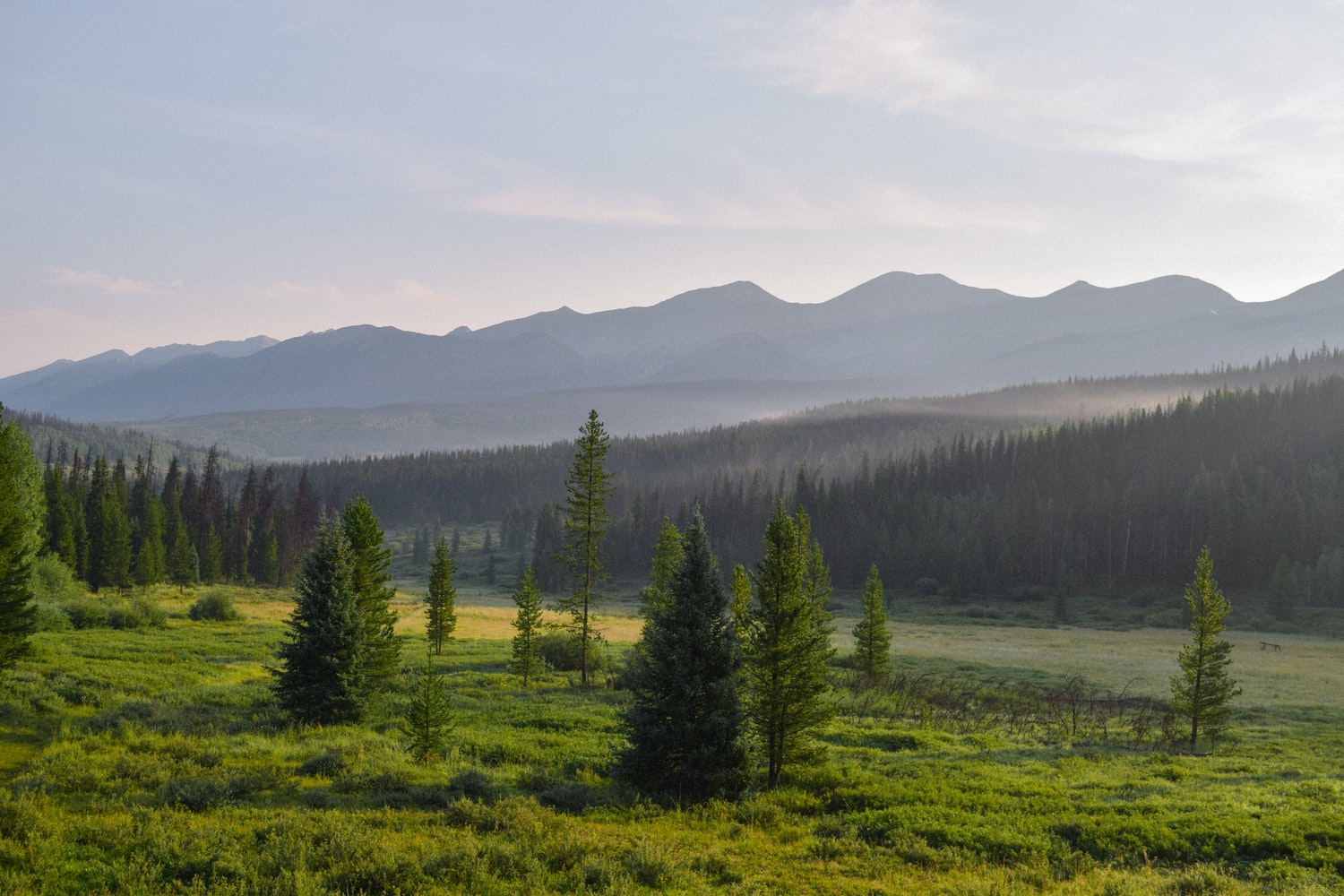
Trends

Western mountain destinations have almost fully emerged from the throes of the pandemic-caused blues and are now racking up occupancy, rate, and revenue figures that will set new seasonal records while already seeing that momentum surge into early winter and strong bookings for the December holiday period. Persistent pent-up demand for an overdue vacation, solid savings accounts, refunds and vouchers from cancelled 2020 trips and a relatively strong economy are all contributing to the exceptional strength of this summer and the upcoming winter according to the most recent results released by DestiMetrics, the Business Intelligence division of Inntopia in their monthly Market Briefing. The report includes data collected from 18 mountain destinations in eight western states. The data was collected through June 30 and draws comparisons to both last year and two years ago at this time. While a strong recovery was expected when compared to last year when most western destinations were still grappling with reopening, the strong growth compared to the pre-pandemic summer of 2019 confirmed that consumers are tolerating significantly higher rates as they pour into mountain communities.
The month of June posted a 131.4 percent increase in actual occupancy in a year-over-year comparison to June 2020 while the Average Daily Rate (ADR) for the month was up 45.4 percent and when taken together with higher occupancy, resulted in a 236.6 percent gain in revenues for June. Eye-popping as these gains appear, they are in comparison to one year ago when lodging properties were still opening up and travelers were still tentative about destination travel. When comparing June 2021 to the pre-pandemic month two years ago (June 2019), a more meaningful contrast to a typical June is clear—and striking. Actual occupancy this June was down 1.4 percent compared to the same time two years ago, but that scant decline was more than offset by ADR that was up an impressive 29.6 percent compared to two years ago. When combined, June revenues were up 27.9 percent from June 2019.
As of June 30, occupancy for the full season is up a substantial 141.9 percent compared to Summer 2020 with gains in all six months. ADR for the full six months of the summer season is up a robust 24 percent and when combined with the growth in occupancy, is providing lodging properties with an aggregated 201.1 percent increase in revenue compared to last summer.
Although not as dramatic as the one-year comparisons, the summer of 2021 is showing healthy growth compared to the pre-pandemic summer of 2019. On-the-books occupancy is up 7.1 percent compared to two years ago with the only declines in May and June with notable increases in the remaining months of July through October. Along with the moderate occupancy growth, ADR has jumped 31.5 percent compared to two summers ago. When coupled with the growth in occupancy, aggregated revenues are now up 41.3 percent compared to this same time two years ago.
“We anticipated a strong rebound for mountain destinations for all the expected reasons—pent-up demand, billions of unspent travel money in savings, and a loyal customer base that has always been strongly connected to the mountains,” observed Tom Foley, senior vice president for Business Process and Analytics for Inntopia. “But these extraordinary increases in daily rate have exceeded our expectations and the fact that they have not deterred visitation—from both past and first-time customers, suggest that this summer is going to be a remarkable one that will be discussed for years ahead.”
Further evidence of post-pandemic travel enthusiasm is the lively booking pace for the upcoming early winter, particularly the December holidays. Occupancy already on-the books for the upcoming Winter 2020-21 is up 77.7 percent as of June 30 and compared to the same time last year. When compared to two years ago at this time, occupancy is up 22 percent. Once again, rates are rising and consumers are showing little or no hesitancy. Aggregated winter rates are up 34.4 percent compared to last year and 43.8 percent compared to two years ago at this same time.
December is already showing considerable strength. Occupancy is up 75 percent compared to one year ago at this time and 25.6 percent compared to two years ago at this time as holiday visitors are making sure their holiday bookings are made well in advance after many holiday plans were cancelled or disrupted last year.
Although remaining in record-high territory, the Dow Jones Industrial Average (DJIA) was essentially unchanged in June—down a scant 0.08 percent. Despite the apparent stability offered by the closing day numbers, financial markets experienced some dramatic swings during the month, including a nearly one thousand point drop mid-month, but is currently nearly 9,000 points higher than it was last year at this time. In contrast, the Consumer Confidence Index (CCI) increased strongly in June, gaining 7.3 points to close at its highest level since February 2020.
On the critical jobs front, employers exceeded analysts’ expectations by adding 850,000 new positions. That helped lure 151,000 workers to renew their job search, resulting in a slight uptick in the unemployment rate from 5.8 to 5.9 percent. The leisure and hospitality sector led the way, adding 383,000 of those new positions. Wages rose 0.3 percent in June bringing the annual total to 3.6 percent and helping consumers keep up with inflation. However, the most recent report on consumer prices showed an 0.9 percent increase during June and causing the national inflation rate to jump to 5.4 percent—outpacing wage increases and potentially putting downward pressure on consumer confidence later this month.
-Room Nights Available (RNA) is closely tracked as changes in how lodging units in mountain communities are being used since the onset of the pandemic are having an impact on visitors and locals. As property owners have increased usage of their units or even moved into them full-time, the number of available units for transient rentals is starting to decline—2.1 percent fewer compared to last summer and 5.1 percent fewer compared to Summer 2019.
-Workforce housing issues are escalating as skyrocketing real estate demand in resort communities for full-time residents is depleting both RNA and reasonably priced employee housing options. Compounding the situation is an exodus of leisure and hospitality workers from the industry according to a recent survey done by Joblist. The combination is creating ongoing challenges for resorts and local businesses to secure the employees they need to service guests.
-Daily rates are continuing to soar with no end in sight. ADR is currently 24 percent higher than last year and an extraordinary 31.5 percent higher than two years at this time.
-December bookings are ramping up early this season, particularly the holiday period. Consumers are booking the week between Christmas and New Year’s more aggressively than in 2019 or 2020, they are booking larger and more expensive units, and they are using credits issued last year due to pandemic cancellations for the holiday period.
-Booking lead times are extended beyond pre-pandemic levels as consumer confidence grows and pandemic fears wane.
“With only one-third of the summer season completed, mountain resorts are already poised to achieve some new records for occupancy and rates and most likely well before the summer is over,” Foley reported. “There is a lot of relief and enthusiasm about the strength of this summer’s recovery and the prospects for the upcoming winter but there are a few yellow warning lights on the horizon. Rising inflation, rising cases of the Delta variant of COVID-19 domestically and in international feeder markets, an employee housing crisis in resort communities, and the exodus of hospitality workers to other industries could all have an impact on overnight travel to mountain destinations in the months ahead,” he concluded.